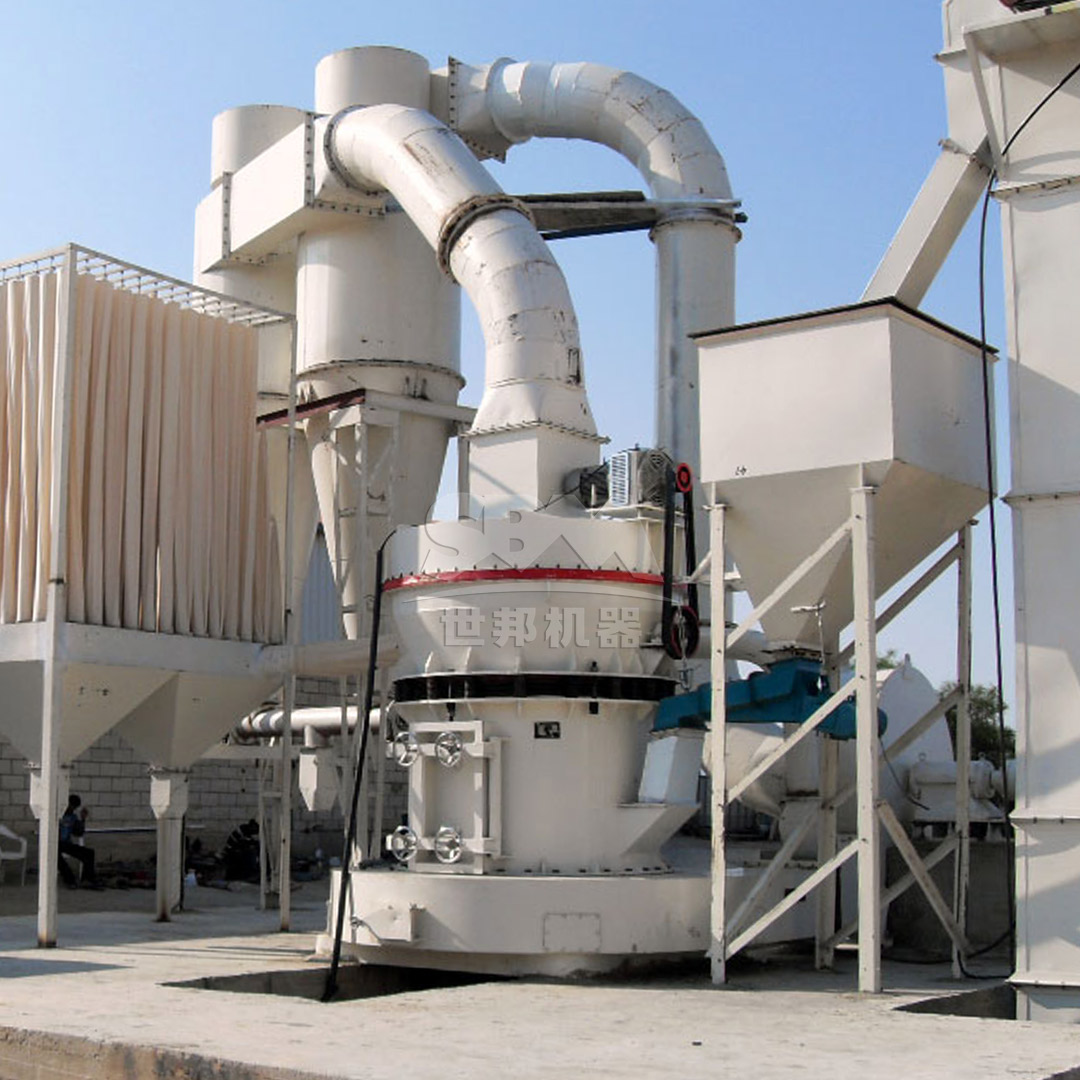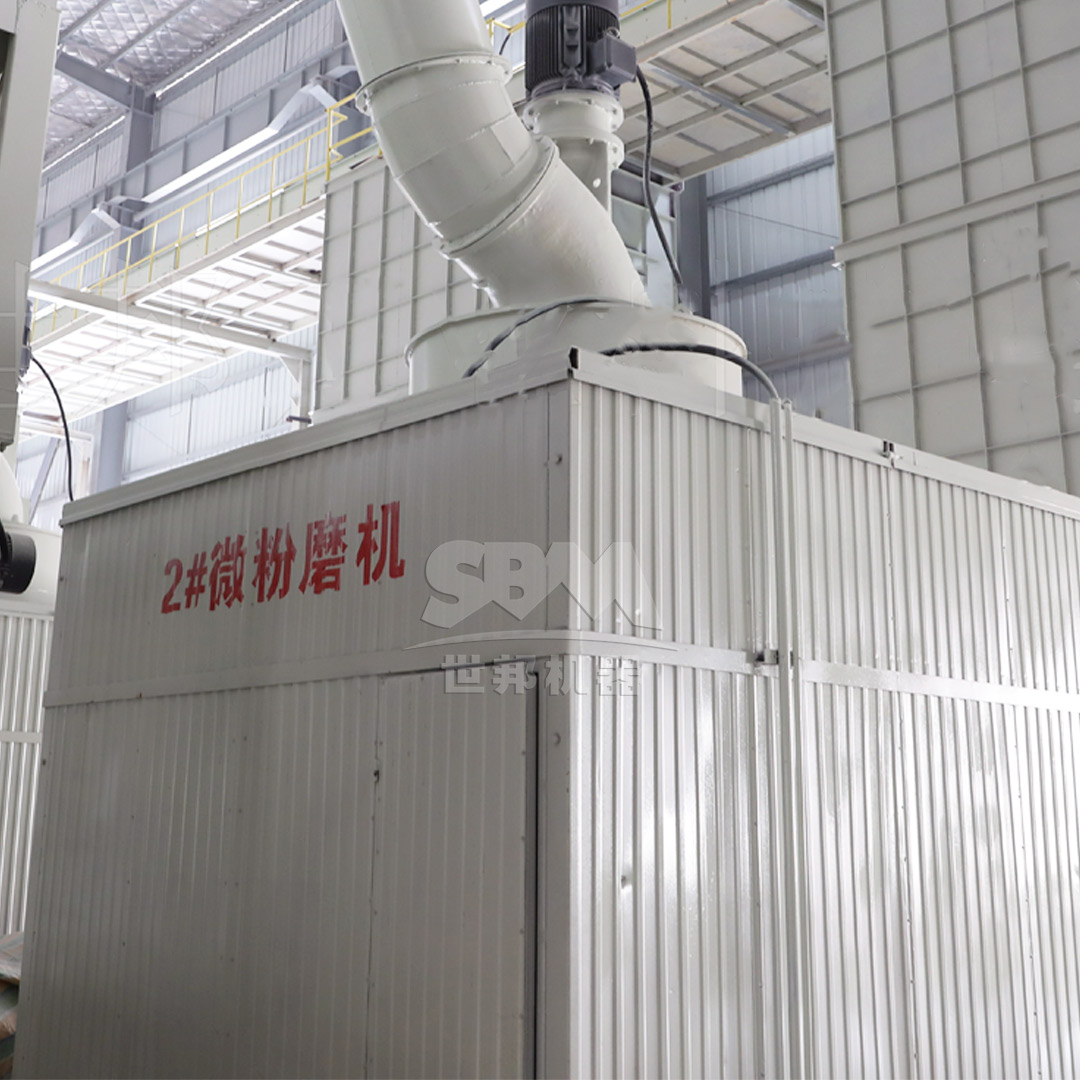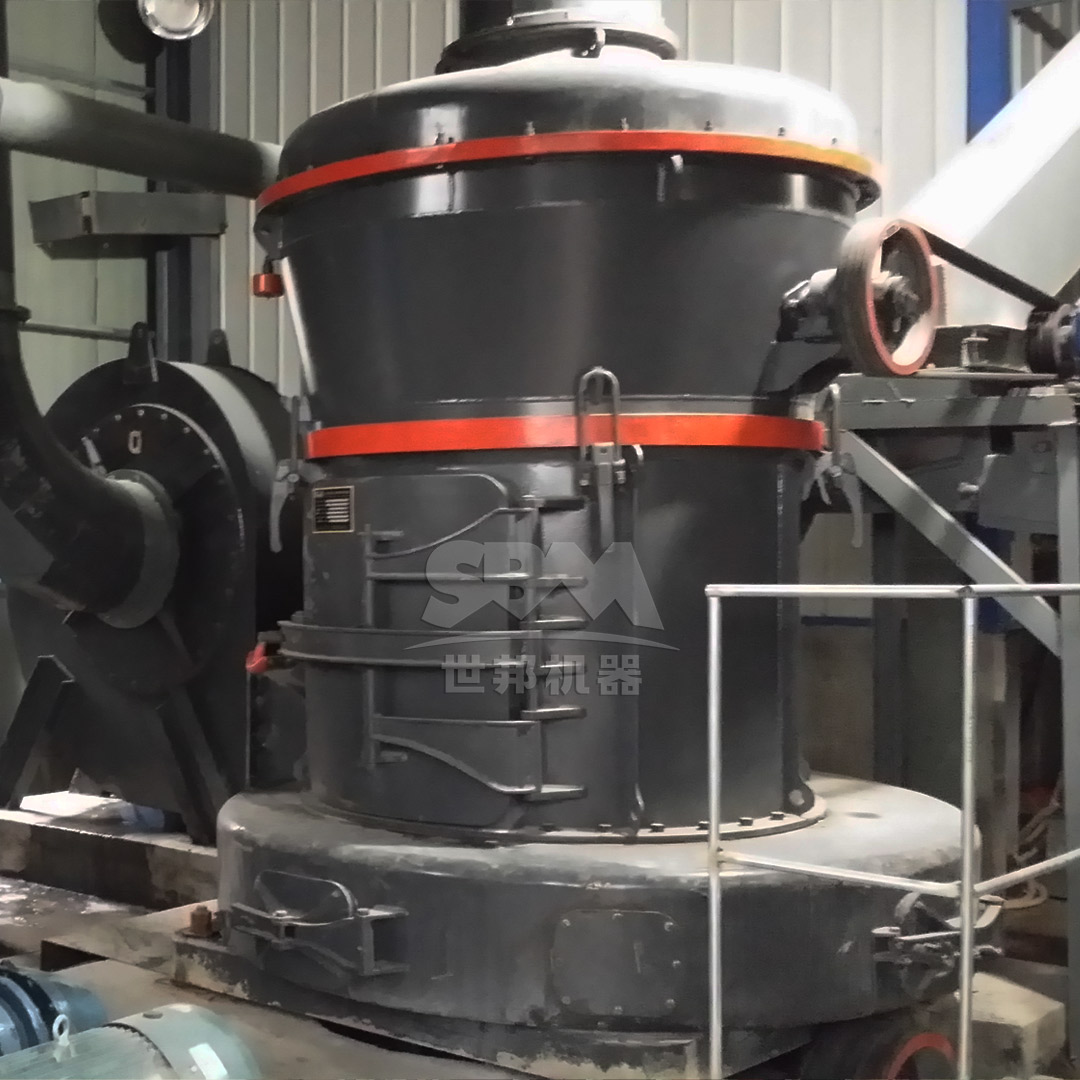Kaolin, also known as china clay, is a vital raw material in the production of advanced ceramics due to its unique properties including whiteness, chemical stability, and fine particle size distribution. The quality of kaolin powder directly impacts the performance characteristics of final ceramic products such as electrical insulation, thermal stability, and mechanical strength. Advanced ceramics require kaolin powders with precisely controlled particle size distribution, high purity levels, and consistent chemical composition to meet stringent industrial standards.
The transformation of raw kaolin into high-performance ceramic materials begins with sophisticated grinding and classification processes. Modern kaolin processing demands equipment capable of producing ultrafine powders with narrow particle size distributions while maintaining chemical purity and minimizing contamination. This article explores the technical requirements for kaolin processing and examines advanced milling solutions that enable manufacturers to achieve the precise specifications demanded by the advanced ceramics industry.

The production of high-performance ceramics imposes specific requirements on kaolin powder characteristics. For most advanced ceramic applications, the kaolin powder must exhibit:
Meeting these specifications requires advanced grinding technology that combines precise particle size control with efficient operation and minimal contamination. Traditional grinding methods often fail to achieve the necessary combination of fineness, purity, and production efficiency required by modern ceramic manufacturers.
The evolution of grinding technology has revolutionized kaolin processing for advanced ceramics. Modern grinding systems must address multiple challenges simultaneously: achieving ultrafine particle sizes, maintaining product purity, ensuring energy efficiency, and providing reliable operation. Several grinding technologies have emerged as particularly suitable for high-purity kaolin processing.
Ultrafine grinding mills represent the current state-of-the-art in kaolin processing for advanced ceramics. These systems employ advanced grinding mechanisms and precision classification to produce powders with tightly controlled particle size distributions. The most effective systems combine multiple grinding principles including compression, shear, and impact to achieve efficient size reduction while minimizing heat generation and contamination.
Modern ultrafine grinding systems incorporate intelligent control systems that continuously monitor and adjust operational parameters to maintain consistent product quality. These systems typically feature advanced air classification technology that enables precise cut-point control and eliminates coarse particles from the final product. The integration of efficient dust collection and material handling systems ensures that product purity is maintained throughout the process.
When selecting grinding equipment for advanced ceramics applications, several technical factors must be carefully evaluated:
The ideal grinding system balances these factors to deliver consistent, high-quality kaolin powder while maintaining operational efficiency and minimizing maintenance requirements.
For manufacturers seeking to produce high-purity kaolin powder for advanced ceramics applications, the SCM Ultrafine Mill represents an ideal solution. This advanced grinding system is specifically engineered to meet the demanding requirements of modern ceramic production, combining precision grinding with efficient operation and minimal contamination risk.

The SCM Ultrafine Mill is designed to process kaolin with input sizes up to 20mm and produce powders with fineness ranging from 325 to 2500 mesh (D97 ≤ 5μm). With capacity ranging from 0.5 to 25 tons per hour depending on the specific model, this equipment can serve both laboratory-scale development and full-scale production requirements.
| Model | Processing Capacity (ton/h) | Main Motor Power (kW) | Feed Size (mm) | Output Fineness (mesh) |
|---|---|---|---|---|
| SCM800 | 0.5-4.5 | 75 | 0-20 | 325-2500 |
| SCM900 | 0.8-6.5 | 90 | 0-20 | 325-2500 |
| SCM1000 | 1.0-8.5 | 132 | 0-20 | 325-2500 |
| SCM1250 | 2.5-14 | 185 | 0-20 | 325-2500 |
| SCM1680 | 5.0-25 | 315 | 0-20 | 325-2500 |
The SCM Ultrafine Mill incorporates several advanced features that make it particularly suitable for high-purity kaolin processing:
High-Efficiency and Energy Savings: With capacity twice that of jet mills and energy consumption reduced by 30%, the SCM Ultrafine Mill delivers significant operational advantages. The intelligent control system provides automatic feedback on product particle size, ensuring consistent quality while optimizing energy usage.
High-Precision Classification: The vertical turbine classifier enables precise particle size切割 with no coarse powder mixing, resulting in exceptionally uniform final products. This precision is critical for advanced ceramics applications where consistent particle size distribution directly impacts material properties.
Durable Design: Special material roller and grinding ring components extend service life significantly, while the bearing-free screw grinding chamber ensures stable operation and minimizes maintenance requirements. This robust construction is essential for maintaining product purity over extended operation periods.
Environmental Performance: With pulse dust collection efficiency exceeding international standards and soundproof chamber design keeping noise levels below 75dB, the SCM Ultrafine Mill meets the most stringent environmental and workplace safety requirements.
The SCM Ultrafine Mill operates through a sophisticated grinding mechanism where the main motor drives three-layer grinding rings to rotate. Material is dispersed into the grinding path by centrifugal force and undergoes progressive grinding through roller compression. The final powder collection is accomplished through a combination of cyclone collector and pulse dust collection systems, ensuring high recovery efficiency and minimal product loss.
While the SCM Ultrafine Mill excels in producing the finest kaolin powders for advanced ceramics, other grinding technologies offer complementary capabilities for different stages of kaolin processing or alternative application requirements.
For applications requiring slightly coarser kaolin powders or as a pre-grinding stage before ultrafine processing, the MTW Series Trapezium Mill provides an excellent solution. With output fineness ranging from 30 to 325 mesh (down to 0.038mm) and processing capacity from 3 to 45 tons per hour, this equipment offers robust performance for various kaolin processing requirements.
The MTW Series incorporates several advanced features including wear-resistant shovel design, optimized curved air passage, integral transmission of bevel gear, and wear-resistant snail shell structure. These features collectively contribute to reduced maintenance costs, improved transmission efficiency, and enhanced air separation efficiency.

The selection between different grinding technologies should be based on specific application requirements:
Each technology offers distinct advantages depending on production scale, required product specifications, and operational constraints.
Producing consistent, high-quality kaolin powder for advanced ceramics requires comprehensive quality control throughout the grinding process. Modern grinding systems incorporate multiple monitoring and control points to ensure product consistency.
Maintaining tight control over particle size distribution is critical for advanced ceramics applications. The precision classification systems in modern ultrafine grinding mills enable manufacturers to achieve specific particle size targets with minimal variation. Regular monitoring using laser diffraction particle size analyzers ensures that the grinding process remains within specified parameters.
Preventing contamination during kaolin grinding is essential for maintaining product purity. Advanced grinding systems employ multiple strategies to minimize contamination risk:
These measures collectively ensure that the final kaolin powder meets the purity standards required for advanced ceramics manufacturing.
Investing in advanced grinding technology for kaolin processing requires careful economic analysis. While advanced grinding systems represent significant capital investment, they typically deliver substantial operational benefits that justify the initial cost.
Modern ultrafine grinding systems like the SCM Ultrafine Mill offer significant advantages in operational efficiency. The combination of high throughput, energy efficiency, and minimal maintenance requirements translates to lower operating costs per ton of processed kaolin. The energy savings of 30% compared to alternative technologies represent substantial cost reduction over the equipment lifetime.
The ability to consistently produce high-purity kaolin powder with precisely controlled particle size distribution creates significant value in the marketplace. Advanced ceramics manufacturers place premium value on consistent, high-quality raw materials, enabling producers using advanced grinding technology to command better prices for their products.
When evaluating grinding technology options, manufacturers should consider the complete lifecycle costs including:
Advanced grinding systems typically demonstrate favorable lifecycle economics despite higher initial investment, particularly for manufacturers targeting high-value advanced ceramics markets.
The field of kaolin processing continues to evolve, with several emerging trends likely to shape future grinding technology development. Understanding these trends helps manufacturers make informed decisions about current technology investments.
The integration of digital technologies into grinding systems is transforming kaolin processing. Modern grinding equipment increasingly features:
These digital capabilities enhance operational efficiency and enable more responsive production management.
Environmental considerations are increasingly important in grinding technology selection. Future developments will likely focus on:
Manufacturers who prioritize environmental performance will be better positioned to meet evolving regulatory requirements and market expectations.
Ongoing developments in materials science and manufacturing technology will enable further improvements in grinding equipment performance. Areas of particular interest include:
These developments will contribute to continued improvement in grinding efficiency, product quality, and operational reliability.
The production of high-purity kaolin powder for advanced ceramics requires sophisticated grinding technology capable of delivering precise particle size control while maintaining product purity and operational efficiency. The SCM Ultrafine Mill represents a particularly effective solution for these demanding applications, combining advanced grinding mechanics with precision classification and robust construction.
With capabilities ranging from 325 to 2500 mesh (D97 ≤ 5μm) and processing capacity from 0.5 to 25 tons per hour, this equipment meets the needs of both development-scale and production-scale operations. The technological advantages including high efficiency, energy savings, precision classification, and environmental performance make the SCM Ultrafine Mill an optimal choice for manufacturers targeting the advanced ceramics market.
As the advanced ceramics industry continues to evolve, driven by demands for improved performance and new applications, the importance of high-quality kaolin powder will only increase. Investing in advanced grinding technology positions manufacturers to capitalize on these opportunities while maintaining competitive advantage through superior product quality and operational efficiency.